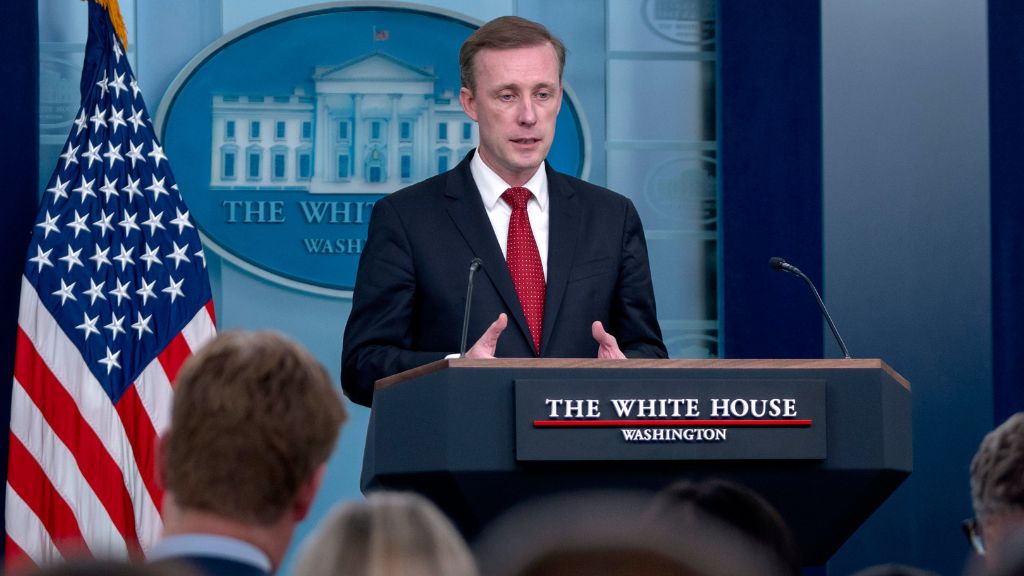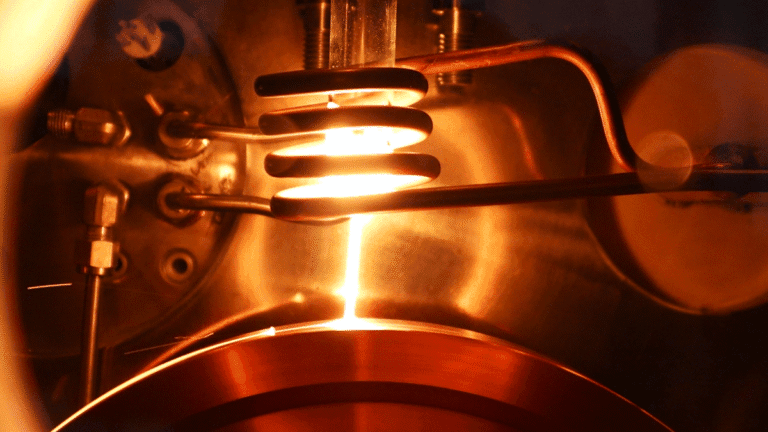
In a strategic move reflecting the intensifying technological rivalry with China, the White House has issued a directive to the Pentagon and intelligence agencies to significantly enhance their use of artificial intelligence (AI). This instruction, part of the first-ever U.S. national security memo on AI, aims to ensure that the United States maintains its edge in AI technology, crucial for both national security and economic dominance.
The memo, announced by National Security Advisor Jake Sullivan, outlines a comprehensive approach to not only speed up the deployment of AI technologies within the national security framework but also to manage the associated risks. Sullivan emphasized the urgency, stating that the U.S. must move faster than its rivals in AI implementation to avoid squandering the technological lead it currently holds.
Key points from this directive include:
- Acceleration of AI Integration: The Pentagon is tasked with swiftly integrating AI into its operations, from autonomous systems to strategic planning. This includes the development of an AI fleet for combat scenarios, aiming to deploy thousands of systems by land, air, and sea within the next two years.
- Safeguarding Democratic Values: While promoting AI, the use of these technologies must align with democratic principles, prohibiting applications that would contradict these values. This balance seeks to ensure that AI advancement does not come at the cost of ethical considerations or civil liberties.
- Countering Chinese Espionage: The directive also focuses on protecting American AI innovations from foreign espionage, particularly from China, by aiding U.S. companies in securing their technological advancements. This comes in the context of previous U.S. export controls targeting advanced chips and equipment to China, aiming to curb the development of supercomputing and AI capabilities that could benefit the Chinese military.
- Supply Chain Diversification: There’s a push to diversify the supply chain for high-end computer chips, critical for AI, most of which are currently manufactured in Taiwan. This strategy aims to reduce dependency on single sources and enhance national security.
The move has sparked discussions on the potential escalation of technological warfare between the U.S. and China. Some analysts fear this could lead to an AI arms race, deepening the rift between the two global powers. However, supporters argue that this is a necessary step to maintain strategic superiority in a field that will likely define future military, economic, and geopolitical landscapes.
This directive follows President Joe Biden’s executive order on AI from October 2023, which called for a balanced approach to AI’s development, focusing on innovation while managing risks. The new memo reinforces these efforts, aligning with broader U.S. foreign policy shifts towards viewing China more as a competitor rather than a partner in global tech development.
The reactions on social media platforms like X reflect a mixed sentiment. Some users worry about the escalation of tech rivalry, while others commend the proactive stance on securing U.S. technological sovereignty. There’s an ongoing debate about whether this will lead to greater innovation or entrench a zero-sum mindset in global tech policy.
As the U.S. gears up to deepen its AI capabilities within national security, the implications for global AI governance, trade, and international relations remain to be seen. This development is a clear signal of the strategic importance AI holds in the geopolitical chessboard, with the U.S. aiming to retain its lead in what is increasingly seen as a new frontier of warfare and economic competition.






